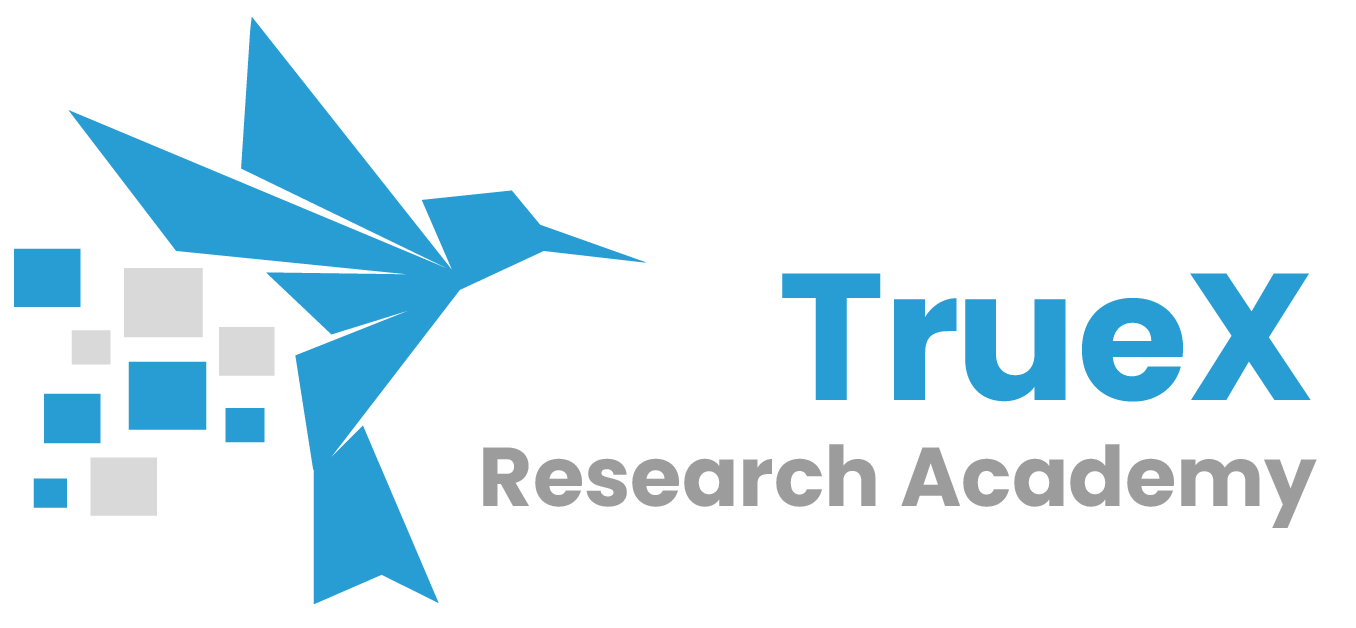Things you need to know before embarking on a Ph.D. journey
Things you need to know before embarking on a Ph.D. journey

Starting a Ph.D. degree is a significant undertaking that requires careful planning and consideration.
Things you need to know and consider before embarking on a Ph.D. journey:
Research Interest: Identify your research interests and passions. A Ph.D. is a long-term commitment, so choose a research topic that genuinely excites and motivates you.
Program Selection: Choose the right Ph.D. program and institution. Consider factors such as program reputation, faculty expertise, available resources, and funding opportunities.
Financial Considerations: Understand the financial aspects of your Ph.D. program. Investigate funding options, scholarships, assistantships, and the cost of living in the location where you'll be studying.
Research Proposal: Develop a clear and well-defined research proposal. Your proposal should outline your research questions, objectives, methodology, and expected contributions to the field.
Supervisor Selection: Choose your Ph.D. advisor or supervisor carefully. A good advisor can make a significant difference in your research experience. Consider their expertise, mentoring style, and availability.
Program Requirements: Familiarize yourself with the specific requirements of your Ph.D. program, including coursework, qualifying exams, and any teaching or research assistant responsibilities.
Time Management: Develop effective time management skills to balance research, coursework, and personal life.
Research Ethics: Familiarize yourself with research ethics and integrity. Ensure that your research is conducted ethically and complies with institutional and disciplinary guidelines.
Publishing: Understand the importance of publishing your research. Aim to publish in reputable journals and conferences in your field to disseminate your work and build your academic reputation.
Work-Life Balance: Maintain a healthy work-life balance. Ph.D. research can be demanding, but it's essential to prioritize self-care, physical health, and mental well-being.
Resilience: Be prepared for setbacks and challenges. Ph.D. research often involves experimentation and uncertainty. Develop resilience to persevere through difficulties.
Professional Development: Seek opportunities for professional development, such as teaching experience, leadership roles in student organizations, and workshops on academic skills.
Career Goals: Consider your long-term career goals. While a Ph.D. can lead to academic positions, it can also open doors to various careers in industry, government, or nonprofit sectors.
Support System: Build a strong support system, including mentors, peers, and friends who can provide emotional support and guidance throughout your Ph.D. journey.
Flexibility: Be adaptable and open to adjusting your research plan as you progress. Research may take unexpected turns, and flexibility is essential.
Time Management: Develop effective time management and organizational skills to balance research, coursework, and personal life.
Exit Strategy: Consider your options if you decide not to complete the Ph.D. program. Having an exit strategy can provide peace of mind and clarity in case you need to make that decision.
Starting a Ph.D. program is a significant step in your academic and professional journey. Careful preparation and a clear understanding of the expectations and challenges can contribute to a successful and fulfilling Ph.D. experience. The best PhD assistance and guidance in India & Abroad a, TrueX can assist you in realising your doctoral aspirations.

